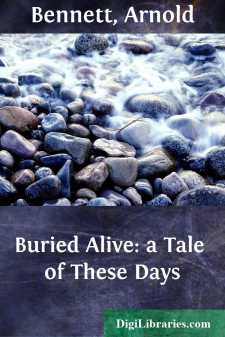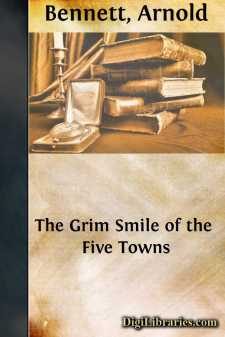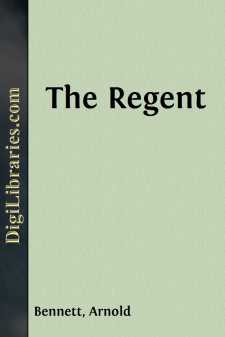Categories
- Antiques & Collectibles 13
- Architecture 36
- Art 48
- Bibles 22
- Biography & Autobiography 813
- Body, Mind & Spirit 142
- Business & Economics 28
- Children's Books 15
- Children's Fiction 12
- Computers 4
- Cooking 94
- Crafts & Hobbies 4
- Drama 346
- Education 46
- Family & Relationships 57
- Fiction 11828
- Games 19
- Gardening 17
- Health & Fitness 34
- History 1377
- House & Home 1
- Humor 147
- Juvenile Fiction 1873
- Juvenile Nonfiction 202
- Language Arts & Disciplines 88
- Law 16
- Literary Collections 686
- Literary Criticism 179
- Mathematics 13
- Medical 41
- Music 40
- Nature 179
- Non-Classifiable 1768
- Performing Arts 7
- Periodicals 1453
- Philosophy 64
- Photography 2
- Poetry 896
- Political Science 203
- Psychology 42
- Reference 154
- Religion 513
- Science 126
- Self-Help 84
- Social Science 81
- Sports & Recreation 34
- Study Aids 3
- Technology & Engineering 59
- Transportation 23
- Travel 463
- True Crime 29
Buried Alive: a Tale of These Days
by: Arnold Bennett
Description:
Excerpt
CHAPTER I
The Puce Dressing-gown
The peculiar angle of the earth's axis to the plane of the ecliptic--that angle which is chiefly responsible for our geography and therefore for our history--had caused the phenomenon known in London as summer. The whizzing globe happened to have turned its most civilized face away from the sun, thus producing night in Selwood Terrace, South Kensington. In No. 91 Selwood Terrace two lights, on the ground-floor and on the first-floor, were silently proving that man's ingenuity can outwit nature's. No. 91 was one of about ten thousand similar houses between South Kensington Station and North End Road. With its grimy stucco front, its cellar kitchen, its hundred stairs and steps, its perfect inconvenience, and its conscience heavy with the doing to death of sundry general servants, it uplifted tin chimney-cowls to heaven and gloomily awaited the day of judgment for London houses, sublimely ignoring the axial and orbital velocities of the earth and even the reckless flight of the whole solar system through space. You felt that No. 91 was unhappy, and that it could only be rendered happy by a 'To let' standard in its front patch and a 'No bottles' card in its cellar-windows. It possessed neither of these specifics. Though of late generally empty, it was never untenanted. In the entire course of its genteel and commodious career it had never once been to let.
Go inside, and breathe its atmosphere of a bored house that is generally empty yet never untenanted. All its twelve rooms dark and forlorn, save two; its cellar kitchen dark and forlorn; just these two rooms, one on the top of the other like boxes, pitifully struggling against the inveterate gloom of the remaining ten! Stand in the dark hall and get this atmosphere into your lungs.
The principal, the startling thing in the illuminated room on the ground-floor was a dressing-gown, of the colour, between heliotrope and purple, known to a previous generation as puce; a quilted garment stuffed with swansdown, light as hydrogen--nearly, and warm as the smile of a kind heart; old, perhaps, possibly worn in its outlying regions and allowing fluffs of feathery white to escape through its satin pores; but a dressing-gown to dream of. It dominated the unkempt, naked apartment, its voluptuous folds glittering crudely under the sun-replacing oil lamp which was set on a cigar-box on the stained deal table. The oil lamp had a glass reservoir, a chipped chimney, and a cardboard shade, and had probably cost less than a florin; five florins would have purchased the table; and all the rest of the furniture, including the arm-chair in which the dressing-gown reclined, a stool, an easel, three packets of cigarettes and a trouser-stretcher, might have been replaced for another ten florins. Up in the corners of the ceiling, obscure in the eclipse of the cardboard shade, was a complicated system of cobwebs to match the dust on the bare floor.
Within the dressing-gown there was a man. This man had reached the interesting age....












